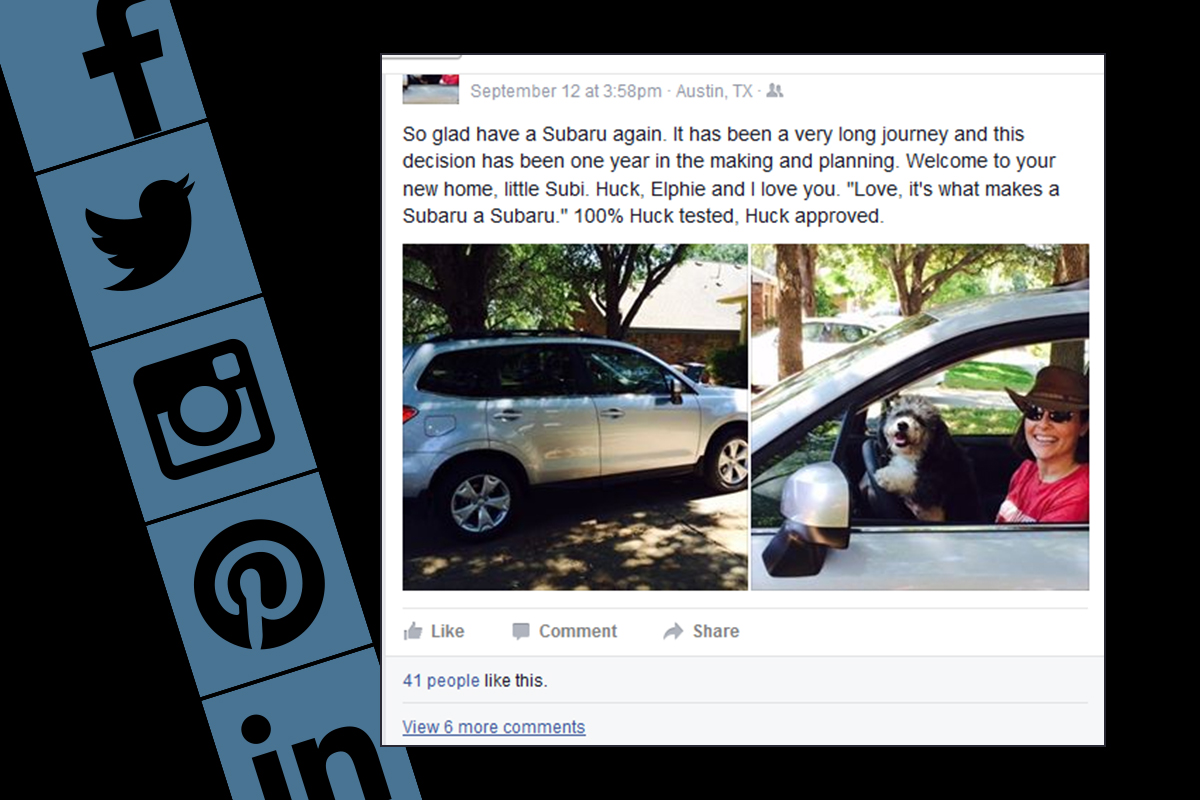
Social media: who owns it?
Who on the marketing team owns social media? This question has been asked and hotly debated.
There are many opinions on who does and should manage social (PR, digital, an integrated team); while others say no one should own it.
Social media knows no boundaries
Says Chris Perry on Forbes online, “No marketer, department or firm has a monopoly on social media. Social media practices are embedded in companies, departments and communities to a degree that blurs the boundaries of traditional responsibility and action.”
Consider, he says, that Whole Foods Market has more than 300 Twitter accounts and 250 Facebook pages, ranging from a focus on cheeses to wine pairings to health tips. Still others create conversations about the offerings and events at local stores, using respective experts to engage.
A social media program conveys products and services in a brand voice. Messages are sometimes powered by brand ambassadors – whether staff, commissioned or self-appointed consumers.
For example, a satisfied Subaru customer posts a photo of her and her dog Huck on her Facebook page. They are sitting in the front seat of a Subaru Forrester. “Love. It’s what makes a Subaru a Subaru. 100% Huck tested. Huck approved.” Earned media doesn’t get much better than that.
Whether good or bad, brands struggle to keep control over any and all of these ‘sharers,’ with varying degrees of success
PR at the center
Many feel only the PR team can use its persuasive and storytelling skills to leverage social media.
In fact, in a recent study, more than half (51 percent) of US advertising and marketing executives said public relations/communications members should manage social media, up from 39 percent in a similar study conducted in 2013.
“Social media can affect a company’s reputation, so it stands to reason that this channel is tied closely to public relations,” said Diane Domeyer, executive director of The Creative Group, which conducted the study.
If it is the PR pro, there is reason to work with other teams, including advertising, marketing and digital.
All together now
“Because it encompasses many activities – from content strategy to customer support to campaign analysis – that require different skills, it’s often beneficial for multiple departments to work closely together in order to leverage strengths and encourage ongoing collaboration,” the study said.
Regardless of who ‘owns’ social media, expect it to be integrated into every part of business. This includes public relations, advertising, e-marketing, e-commerce, product placement and branding.
